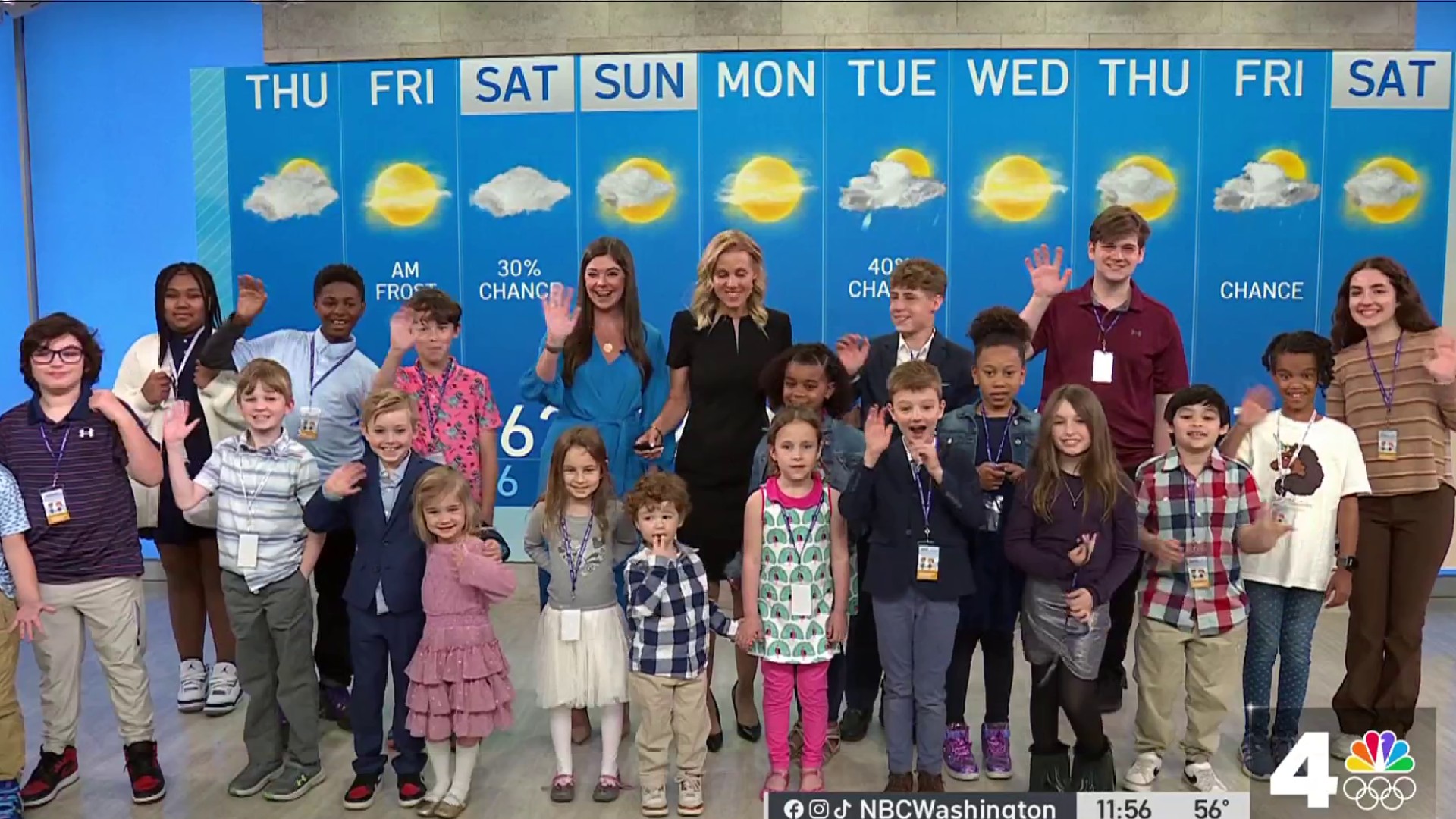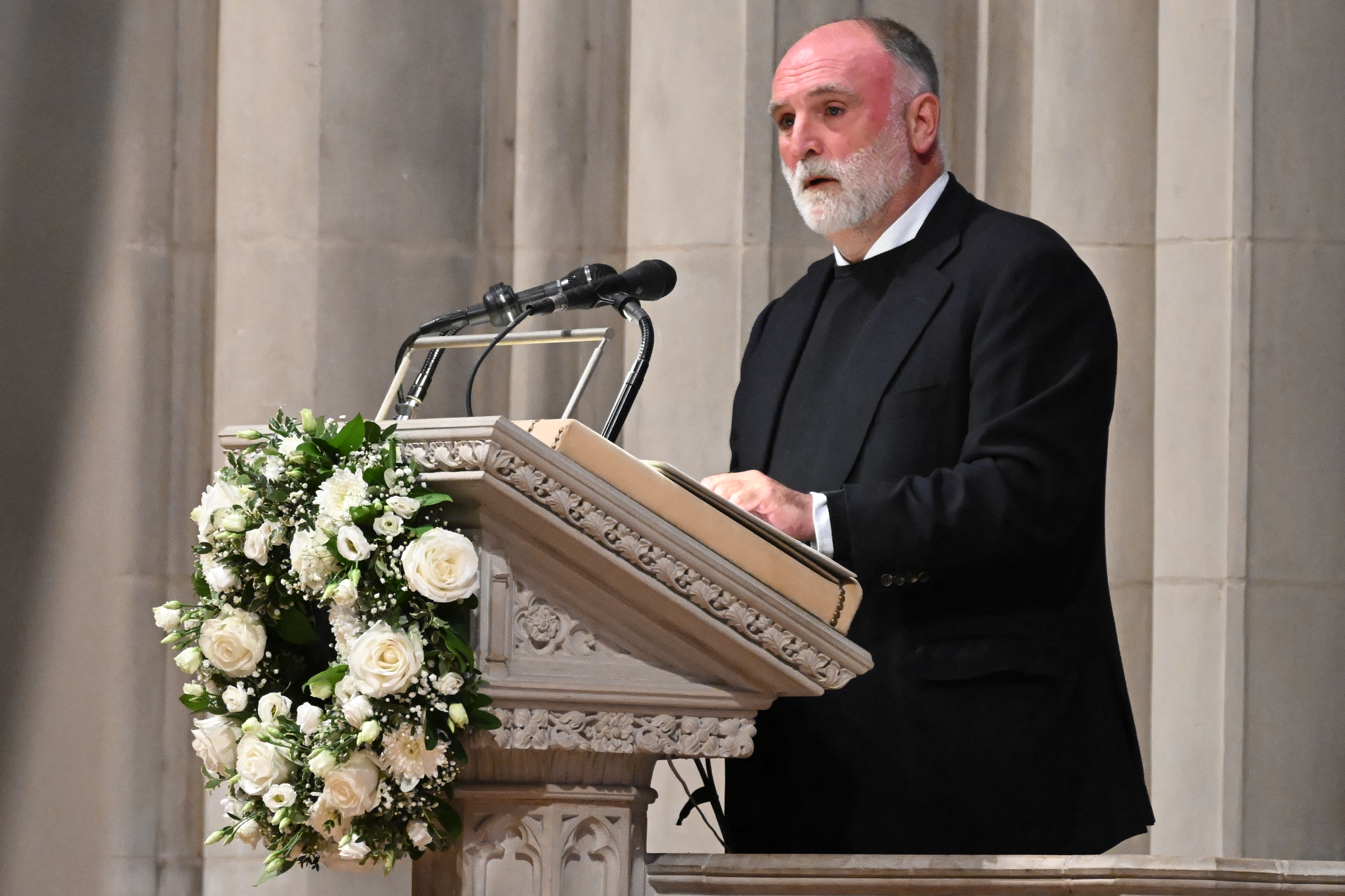If you've ever lost power during a storm, or worse, on a blue-sky day, it might have been easy to make Pepco your punching bag.
Pepco takes plenty of hits in a new report delivered to regulators in Maryland, pointing out flaws in the utility's past, current, and future plans.
The consultants who assembled the report focused on the company's response to the storms of 2010. In short, they found that Pepco has a "piecemeal approach to dealing with reliability," that it must strive to be proactive rather than reactive, and that the company's failings became "painfully" apparent in 2010.
(To read the full 139-page report, click here.)
The report's most scathing criticism was saved for the company's $275 million Reliability Enhancement Plan, which consultants found was "cobbled together" in one month.
"Pepco acknowledged that it does not know whether the plan will actually achieve its goals, as it did not perform reliability improvement analyses. With this ready-shoot-aim approach, a portion of the company’s planned capital spending is almost certainly poorly targeted," the report stated.
But Pepco demurred in a notice on its website: "Pepco’s comprehensive Six-Point Reliability Enhancement Plan, and other measures it is undertaking, can and will lead to better service for our customers."
In fact, looking at the sunny side of the report, Pepco plucked out this headline: "Independent Consultants Find Pepco’s Electrical Distribution System Well Designed."
(To read the two-page press release from PEPCO here.)
Local
Washington, D.C., Maryland and Virginia local news, events and information
It's true, the report did call the system well-designed, but also imperfect.
"Although the system is robustly-designed it is nonetheless still vulnerable," read the report. It blamed many of today's imperfections on a failure to respond properly to Hurricane Isabel. The report said Pepco's lack of preventative maintenance back in 2004 weakened the system considerably.
Pepco has blamed leaning and falling trees for its woes of late, and the report agreed that trees are "in fact, the primary cause of preventable outages." The report called for more spending on tree trimming, especially above the lines, not just beside them. It acknowledged that Pepco is in its first year of an eight-year "aggressive tree-trimming program."
The report also criticized Pepco for inconsistent, inaccurate, and delayed estimated restoration times, a major complaint from customers. But the report recognized that Pepco moved quickly to resolve issues, albeit at an unsatisfactory pace, one household at a time.
In the end, the report offered several recommendations to follow, including improving: preventative maintenance practices; analysis of its own reliability; estimated restoration times; and customer communications.
In response to the report, one NBCWashington viewer tweeted, "Bury the lines. It's worth the expense."
But the report cast a shadow on that oft-offered recommendation. Seventy percent of D.C.'s feeder lines are classified as underground, as opposed to Maryland's 20 percent, making the state's system more "vulnerable to storm events and tree damage."
But the report stated that it's tougher to find and restore broken underground systems. As painful as it is to imagine, customers who thought they were protected by buried lines tend to experience even longer outages.



